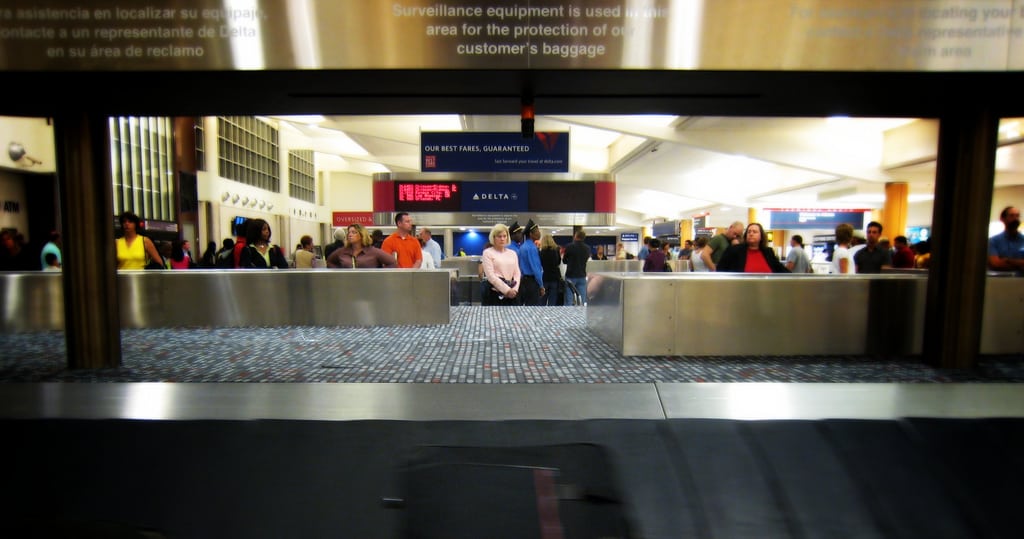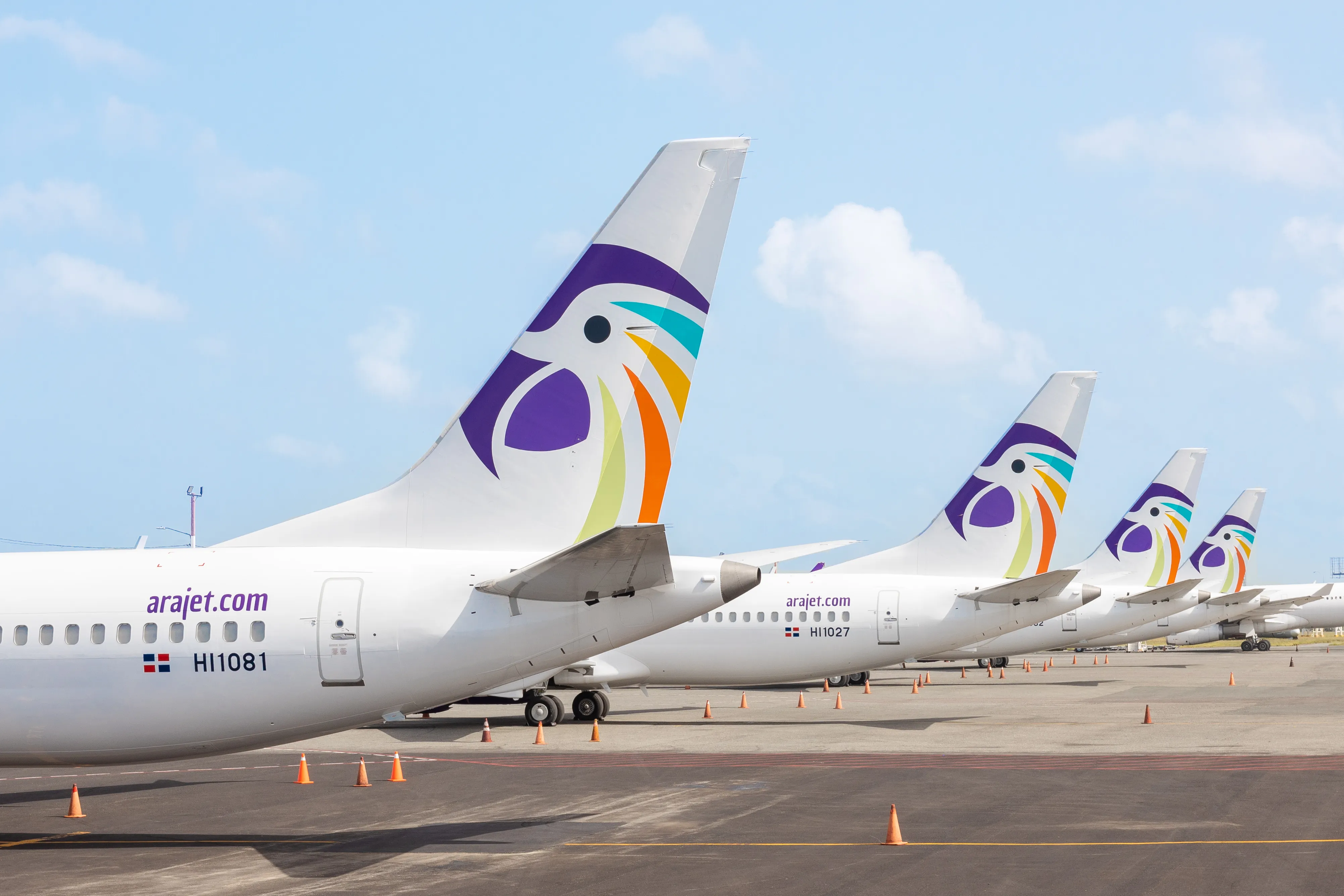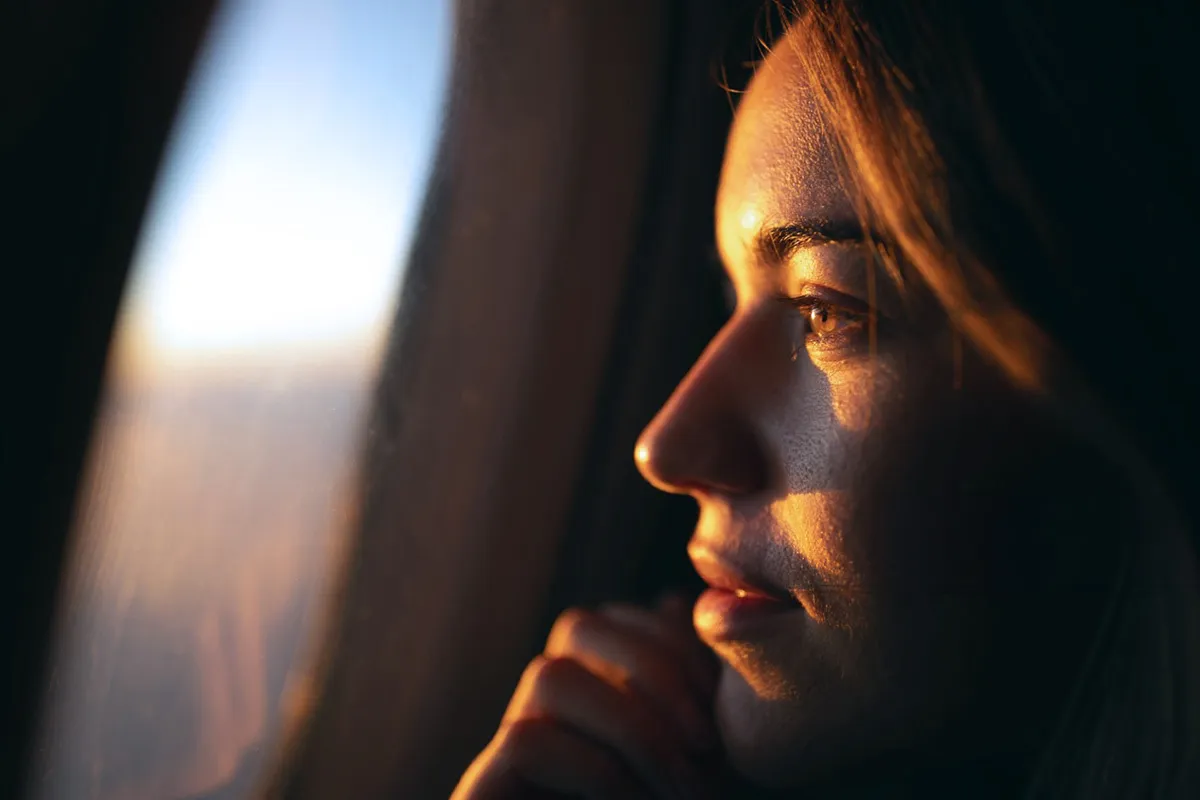Spirit Airlines Considers Spiking Bag Fees During Peak Travel Times

Skift Take
Flyers are used to airfares jumping during peak travel times throughout the year.
But ancillaries -- the bag, blanket, and headphone fees that airlines are currently getting high on -- tend to remain steady throughout the year. They remain flyers' major gripe, but they are consistent. And that could all soon change.
Spirit Airlines, the airline that flyers love to hate, is making its shareholders very happy by leading the aviation industry into the age of ancillaries. On its third-quarter earnings call today, Spirit suggested that it will soon apply the same revenue management rules that lead to holiday fare spikes to ancillary fees.
The carrier also revealed that $177.1 million of its $456.6 million Q3 revenues, or 39 percent, came from fees for optional services.
"The ancillary products tend to be more statically priced, but let's be more flexible…" a Spirit executive told shareholders and reporters on the call.
This means airlines could increase bag fees during the holidays when more customers are flying more often and with more luggage.
Several airlines have already introduced dynamic pricing for roomier seats and priority boarding. For example, the price of United's Economy Plus seats and Delta's Economy Comfort seats vary depending on the route or time of purchase.
Spirit also sees opportunity for revenue growth by becoming a "sales portal" or "unbundling and selling more things to get more of the travelers' wallet".
Executives argue its pricing strategy actually benefits flyers. The carrier is able to supplement low fares with more ancillary options and higher optional fees, the executives say, giving flyers the freedom to pay for only what they value.
Critics can complain all they want, but Spirit's "low-cost, low-fare, high-choice strategy" appears to be working beautifully.




